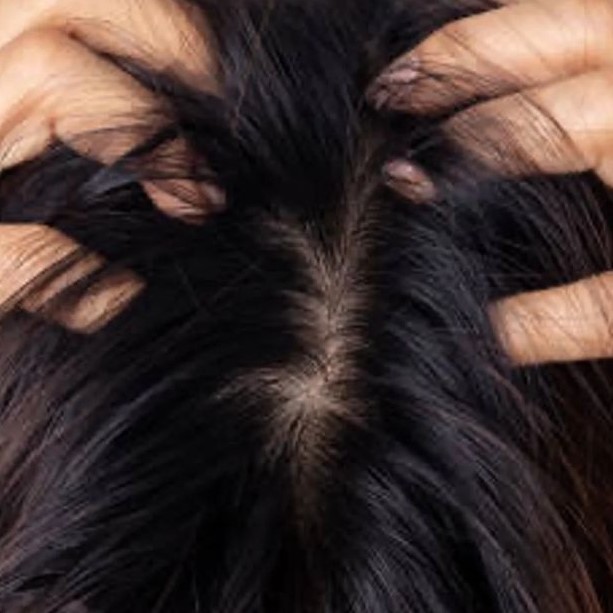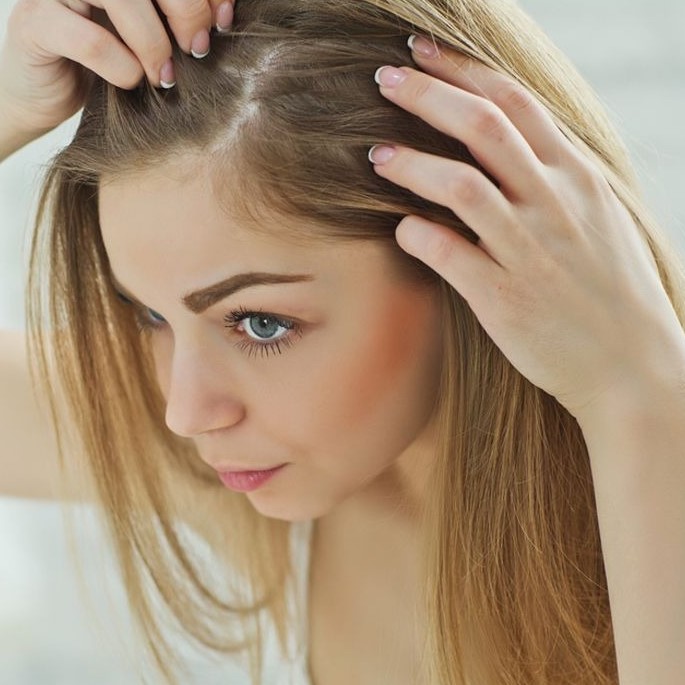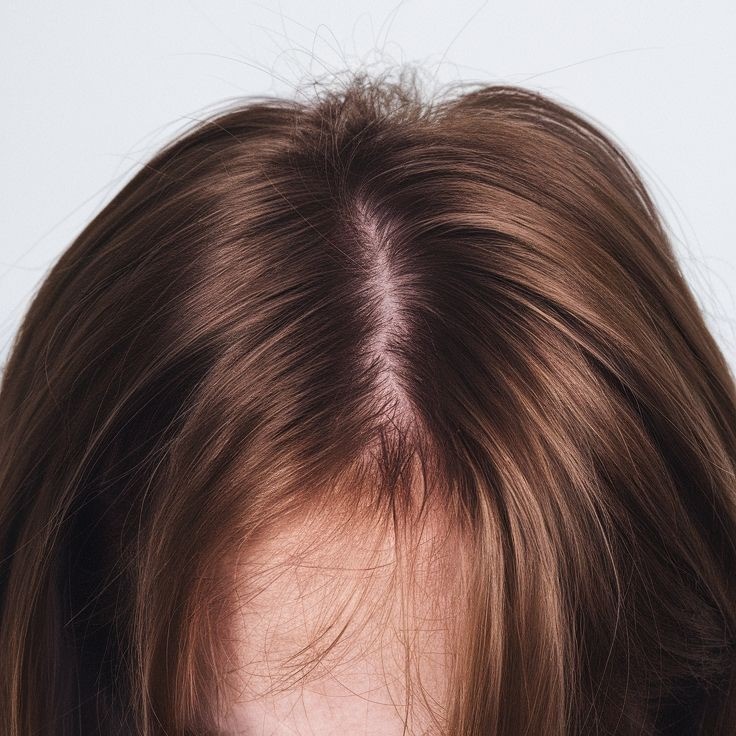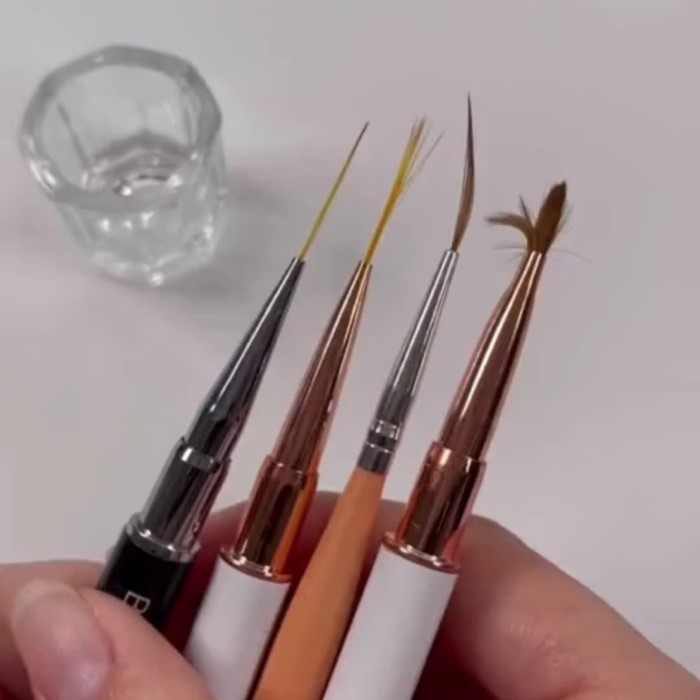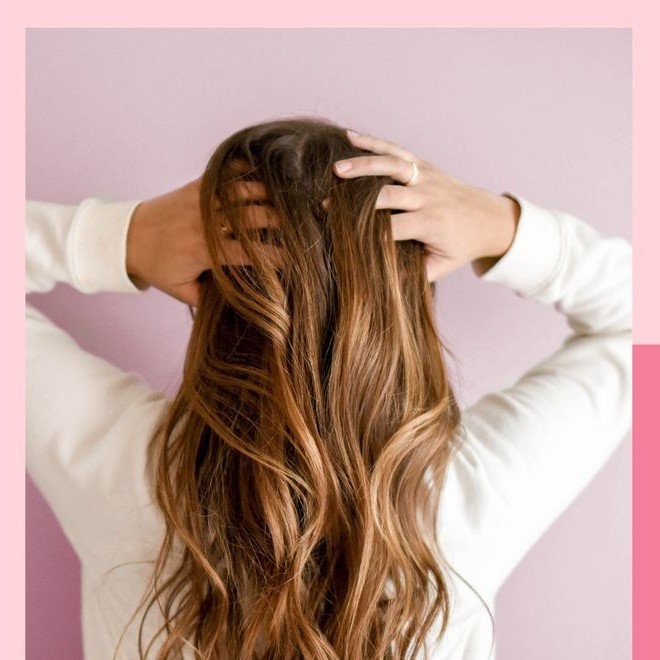
Understanding: Can Low Estrogen Cause Hair Loss in Women?
Introduction to Low Estrogen and Hair Loss
Hormones play a critical role in regulating many bodily functions, including hair health. For many women, fluctuations in hormone levels can have significant effects, leading to various symptoms, including hair loss. One frequently asked question is: can low estrogen cause hair loss? Understanding the relationship between estrogen and hair health is vital for women experiencing changes in their hair.
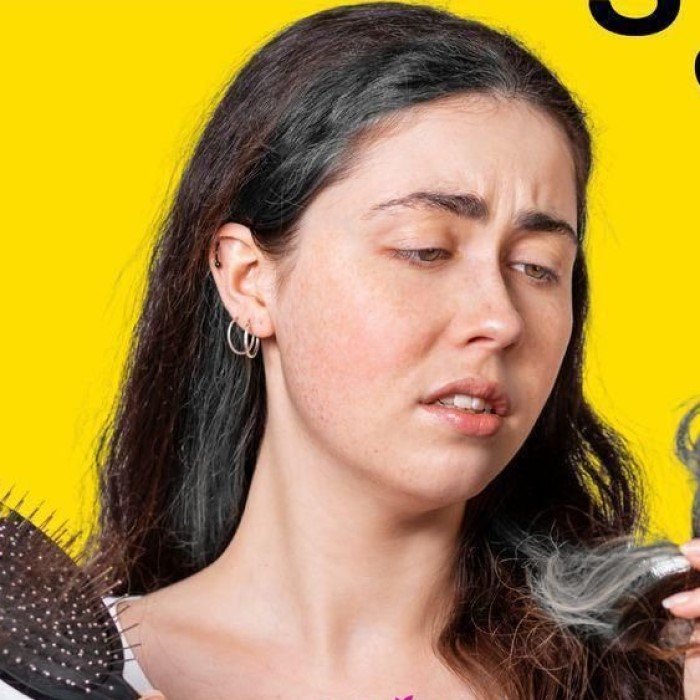
This article will explore how low estrogen levels may contribute to hair loss in women, the symptoms to look out for, and practical approaches to managing these concerns. By examining the science behind estrogen, its role in hair growth, and tips for maintaining healthy hair, this comprehensive guide aims to empower women to navigate their hormonal health with confidence.
What is Estrogen?
Understanding Its Role in the Body
Estrogen is a vital hormone primarily associated with the female reproductive system. While it is often linked to menstrual cycles and pregnancy, its functions extend beyond reproduction. Estrogen plays a significant role in various bodily processes, including:
- Regulating Menstrual Cycles: Estrogen is central to the regulation of menstrual cycles, influencing ovulation and uterine health.
- Bone Health: This hormone helps maintain bone density, reducing the risk of osteoporosis in postmenopausal women.
- Skin and Hair Health: Estrogen supports the health of skin and hair follicles, promoting growth and elasticity.
Types of Estrogen
There are several types of estrogen, but the three main varieties in women are:
- Estradiol: The most common form of estrogen, primarily produced by the ovaries.
- Estrone: A weaker form produced by the adrenal glands and fatty tissues, particularly during menopause.
- Estriol: Typically produced during pregnancy, esta is less powerful but still contributes to overall hormonal balance.
Understanding the types and functions of estrogen sets the foundation for recognizing how low levels of this hormone can impact hair health.
How Low Estrogen Affects Hair Loss
The Link Between Estrogen and Hair Growth
Estrogen promotes hair growth by stimulating hair follicles and maintaining the hair growth cycle. Higher estrogen levels during certain life stages (like pregnancy) often result in fuller, healthier hair. Conversely, when estrogen levels drop, many women may experience changes in their hair, including thinning or shedding.
Symptoms of Low Estrogen Levels
Recognizing the signs of low estrogen is crucial for women concerned about hair loss. Common symptoms include:
Irregular Periods
- Understanding Menstrual Cycle Changes: Irregular periods refer to fluctuations in the timing, duration, or flow of menstrual cycles. These changes can manifest as missed periods, inconsistently spaced cycles, or variations in the flow intensity. Irregularities in menstrual cycles are often one of the first signs women experience when hormone levels fluctuate.
- Hormonal Fluctuations: The menstrual cycle is largely regulated by various hormones, including estrogen and progesterone. When estrogen levels drop, it can disrupt the balance of these hormones, leading to inconsistencies in the menstrual cycle. Other hormonal imbalances, such as those caused by polycystic ovary syndrome (PCOS) or thyroid issues, may also contribute to irregular periods.
- Impact on Reproductive Health: Irregular periods can signify underlying health issues that require attention. Women experiencing persistent irregularities should seek medical advice for evaluation. Addressing hormonal fluctuations is essential for overall reproductive health, as regular cycles are often indicative of good ovarian function.
- Tracking Changes: Women are encouraged to track their menstrual cycles using apps or calendars. Noting any changes in cycle length, flow, or symptoms associated with periods can help healthcare providers diagnose potential hormonal imbalances more effectively.
Hot Flashes
- Introduction to Hot Flashes: Hot flashes are sudden feelings of warmth that are often accompanied by sweating and flushing of the skin. Many women report experiencing hot flashes as a result of declining estrogen levels, particularly during perimenopause and menopause.
- Understanding the Mechanism: The decline in estrogen affects the hypothalamus, the part of the brain that regulates temperature. As estrogen levels drop, the hypothalamus may become more sensitive to even slight changes in body temperature, triggering these sudden heat surges.
- Common Experiences: Women experiencing hot flashes may notice that they can occur during the day (diurnal hot flashes) or at night (nocturnal hot flashes). Nighttime hot flashes can disrupt sleep, leading to fatigue and further hormonal imbalances.
- Emotional and Physical Impact: Hot flashes can cause discomfort and embarrassment, potentially affecting a woman’s quality of life. Managing hot flashes may include lifestyle changes, such as avoiding triggers (like spicy foods and alcohol) and using cooling techniques.
- Seek Professional Advice: Persistent severe hot flashes may require medical intervention. Hormone replacement therapy (HRT) and other medications have been beneficial for many women in alleviating the frequency and intensity of hot flashes.
Mood Swings
- Link Between Low Estrogen and Mood: Low estrogen levels are closely associated with mood instability in many women. Hormonal fluctuations can result in mood swings, irritability, and heightened emotional sensitivity.
- Emotional Responses: Women may experience a spectrum of emotions, including anxiety, sadness, and frustration, which can significantly impact daily life and relationships. These mood changes can be particularly evident during hormonal changes such as menstruation, pregnancy, or menopause.
- Identifying Triggers: It’s essential for women to recognize when their mood changes might correlate with hormonal cycles. Keeping a journal or using an app to track mood fluctuations alongside menstrual cycles can help identify patterns.
- Coping Strategies: Employing coping mechanisms, such as mindfulness practices, yoga, or regular physical activity, may help in managing mood swings. Women might also benefit from talking to a mental health professional to explore options for support and coping strategies.
- Considering Hormonal Treatment: In cases where mood swings are severe, medical advice should be sought. Hormonal therapies may be appropriate for some women, and mental health support could provide additional relief during challenging times.
Dry Skin and Thinning Hair
- Signs of Hormonal Changes: Noticeable changes in skin texture and hair thickness can be common indicators of low estrogen. As estrogen levels decline, collagen production may decrease, leading to drier, less elastic skin. Similarly, hair may become thinner, leading to concerns about overall hair health.
- Understanding Skin Changes: Dry skin can manifest as flakiness, irritation, or increased sensitivity. The reduction in estrogen affects oil production, which is essential for maintaining skin moisture. Women may experience excessive dryness or rough patches as a result.
- Impact on Hair Quality: Thinning hair may appear less voluminous and show alterations in texture. Hair may become brittle or more prone to breakage, leading to further concerns about hair loss.
- Addressing Skin and Hair Health: To address these changes, women may need to invest in high-quality skin and hair care products. Moisturizers rich in hyaluronic acid or ceramides can help retain skin moisture, while nourishing hair oils can improve texture and minimize breakage.
- Seeking Professional Help: If there are significant changes in skin and hair health, it is advisable to consult healthcare professionals. Hormonal assessments and personalized treatments may help address the underlying issues related to dry skin and thinning hair, ultimately improving both conditions.
Understanding these symptoms helps women identify potential hormonal imbalances needing attention.
Can Low Estrogen Cause Hair Loss?
Scientific Perspectives
Can low estrogen cause hair loss? Research indicates a strong connection between low estrogen levels and hair loss. Because estrogen supports hair follicle health, lower levels can lead to increased shedding or thinning hair. A woman’s chances of experiencing hair loss may rise particularly around menopause when estrogen naturally declines.
The Hair Growth Cycle
The hair growth cycle consists of three main phases: anagen (growth), catagen (transition), and telogen (rest). Estrogen primarily influences the anagen phase, promoting hair growth and extending the duration of this phase.
- Impact of Hormone Fluctuations: When estrogen levels drop, the transition to the catagen and telogen phases may speed up, leading to more hair falling out than growing. This imbalance can manifest as thinning hair or noticeable patches.
Individual Variation
It’s important to note that each woman’s experience with low estrogen and hair loss can vary significantly. Factors such as genetics, overall health, age, and lifestyle can play a role in how low estrogen affects each individual.
Managing Hair Loss Related to Low Estrogen
Consulting Healthcare Professionals
If a woman suspects that her hair loss may be related to low estrogen levels, seeking advice from a healthcare professional is essential. A doctor can perform tests to assess hormone levels and recommend appropriate interventions.
Lifestyle Modifications
Several lifestyle choices can help mitigate the effects of low estrogen and promote healthy hair:
- Balanced Nutrition: Consuming a well-rounded diet rich in vitamins and minerals is vital for maintaining hair health. Key nutrients such as omega-3 fatty acids, iron, and B-complex vitamins can support hair growth.
- Regular Exercise: Physical activity helps improve blood circulation, which can benefit hair health by supplying vital nutrients to the hair follicles.
Hormone Replacement Therapy (HRT)
In some cases, doctors may recommend hormone replacement therapy (HRT) to alleviate symptoms associated with low estrogen levels. HRT can help normalize hormone levels, potentially improving hair health and reducing loss.
What Does Low Estrogen Hair Loss Look Like?
Identifying Hair Loss Patterns
Hair loss related to low estrogen often presents as thinning hair across the scalp rather than distinctive bald patches. Women may observe an overall reduction in hair density and volume. The hair may feel finer, and there may be more shedding than usual.
Psychological Impact
Experiencing hair loss can be emotionally taxing for many women, leading to decreased self-esteem and confidence. Addressing not only the physical aspects but also the emotional impact is essential for comprehensive care and support.
FAQs About Low Estrogen and Hair Health
What Does Low Estrogen Hair Loss Look Like?
Low estrogen hair loss usually manifests as generalized thinning rather than bald patches. The hair might feel softer with reduced volume, indicating a shift in health.
Does Hair Loss Mean High or Low Estrogen?
Hair loss can be associated with low estrogen levels. High estrogen levels are typically linked to increased hair growth; however, imbalances in other hormones, such as androgens, can also lead to hair loss.
Which Hormone Increases Hair Growth in Females?
Estrogen is crucial for promoting hair growth in females. Additionally, progesterone and certain androgens in balanced levels support healthy hair.
Conclusion
In conclusion, understanding can low estrogen cause hair loss is essential for women experiencing changes in their hair health. Low estrogen levels can impact hair growth and overall thickness, leading to thinning or shedding. Recognizing the symptoms of low estrogen, along with the connection to hair health, can empower women to seek the necessary support.
By consulting healthcare professionals and making lifestyle adjustments, women can proactively address low estrogen levels and support healthy hair. Armed with this knowledge, women can navigate their hormonal health with confidence, ensuring that they maintain not only their hair but also their overall well-being.
Taking control of one’s health is an ongoing journey, and understanding the implications of hormones on hair health is a significant step in the right direction. Embrace the insights provided and consider practical options for restoring and maintaining healthy hair amidst hormonal challenges.
